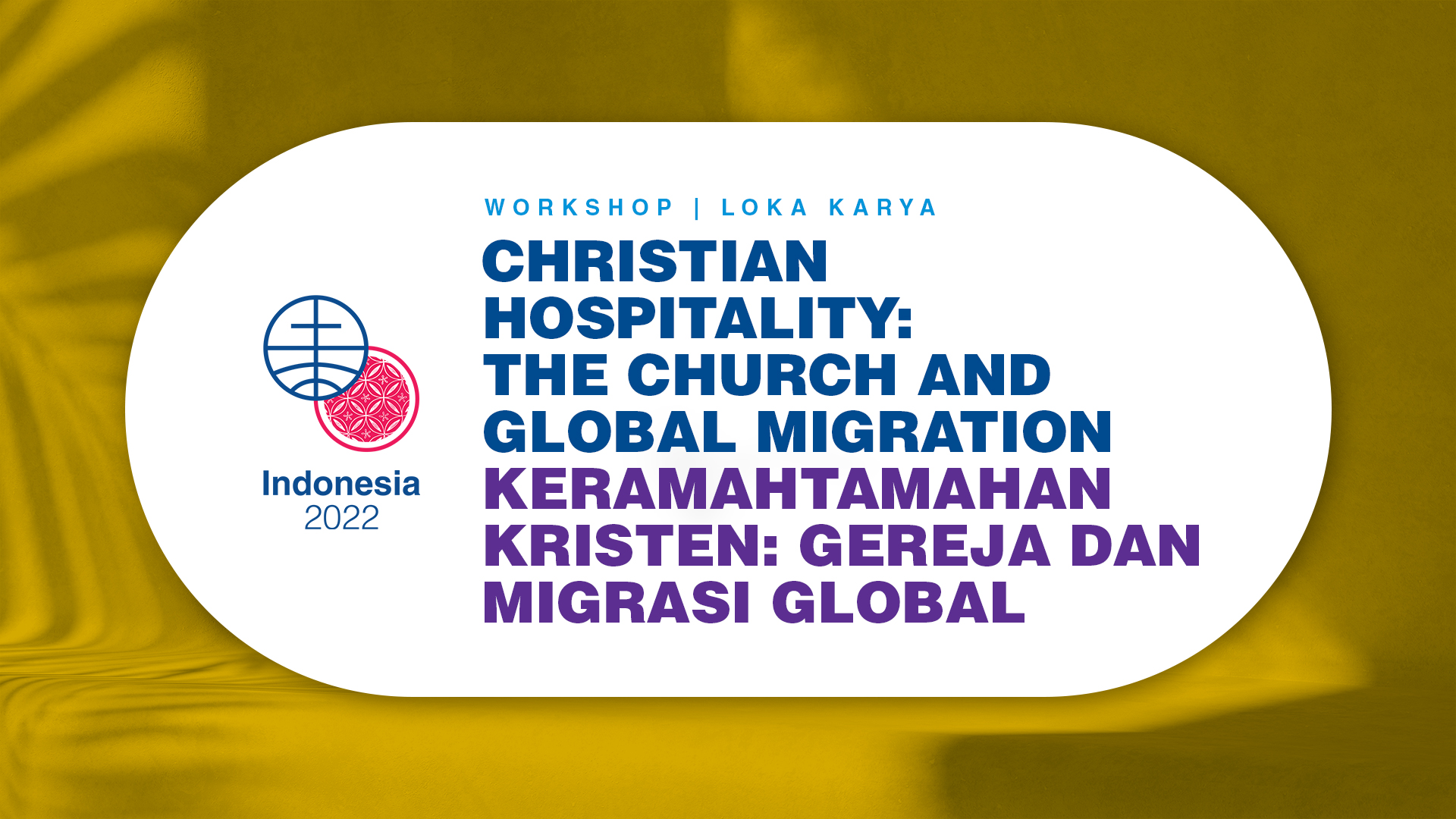-
Missional Frontier: Uruguay
Uruguay has an extension of 176.215 Km². It borders with Brazil in the north, and with Argentina in the west along the Uruguay River and the south along La Plata River, as well as the Atlantic Ocean. There were 3,500,000 inhabitants in the country in 2010, half of which live in and around the Capital,
-
God’s People in Mission: An Anabaptist Perspective
God’s People in Mission: An Anabaptist Perspective, 2018. Based on the 10 missional statements that resulted from the work of the Mission Commission.
-
Healthy church boundaries in power and sexuality
Indonesia 2022: workshop Practical tools for promoting appropriate behavior in power and sexual relationships in leadership and pastoral work based on Healthy Boundaries material developed by Faith Trust Institute, with adaptations for Latin America, sections of the Colombian Mennonite Church’s ethics manual, and training experiences. Presenters: Alix Lozano served as president of the Mennonite Church
-
History of MWC
The Anabaptist movement dates its formal beginnings to 21 January 1525, when a group of young people gathered in a home close to the Grossmnster cathedral in Zurich, Switzerland, to commit adult baptism, a subversive act at the time.
-
Diálogos Anabautistas
Indonesia 2022: taller Como construimos espacios de discernimiento en tiempos de fundamentalismos religiosos y políticos Toda comunidad saludable debe dialogar abiertamente sobre temas controversiales, como forma de encarnar la fe en Jesús y poder seguir juntos, superando las barreras y desafíos que el mundo nos plantea hoy y tener esperanza y vencer el miedo .
-
Discipleship and Justice: What’s your context
Indonesia 2022: Workshop Work for clean water, sustainable living, racial justice and other issues are converging in peacemaking as an expression of our Christian discipleship. New churches are being birthed. Participants are invited to come and share stories about peacebuilding in their context as it relates to our Christian faith. Presenter: Sharon Norton
-
Consultation on Believers’ Baptism
Report on the Consultation on Believers’ Baptism Participants in the Consultation on Baptism in Kingston, Jamaica 08-10 January 2015
-
Baptism and Incorporation into the Body of Christ, the Church
Lutheran-Mennonite-Roman Catholic Trilateral Conversations 2012–2017 It was with the twin goals of increasing mutual understanding and helping one another grow in faithfulness to Jesus Christ that a trilateral dialogue took place between Lutherans, Mennonites and Roman Catholics, from 2012 to 2017. Over the course of the five year period, the dialogue followed the well-established interchurch
-
Christian Hospitality: The Church and Global Migration
Indonesia 2022: Workshop Migration and hospitality have been part of human history since biblical times. Today, responses to increasing global migration often promote the building of walls, countering the biblical call to hospitality. Join Mennonite Central Committee as we consider biblical hospitality to respond faithfully to God’s call to be a welcoming church. Presenter: Saulo
-
Collaboration against all odds
We are being torn by multi-layered, multilateral global challenges. COVID 19, nationalism, Despite this, relationships happen through technology that brings together a world that seems to be falling apart. This panel will discuss the movement of the spirit that has opened doors to collaboration and joint ministry. Presenter: Sharon Norton Indonesia 2022: workshop
-
A weekend of prayer and action against hunger 2024
Liturgy Guide and Resources for the Weekend of Prayer and Action Against Hunger October 11-13, 2024 For this Weekend of Prayer and Action Against Hunger, Christians from all around the world will gather for prayer and worship around the theme of global hunger and food justice. We offer this guide to support worship planners to




